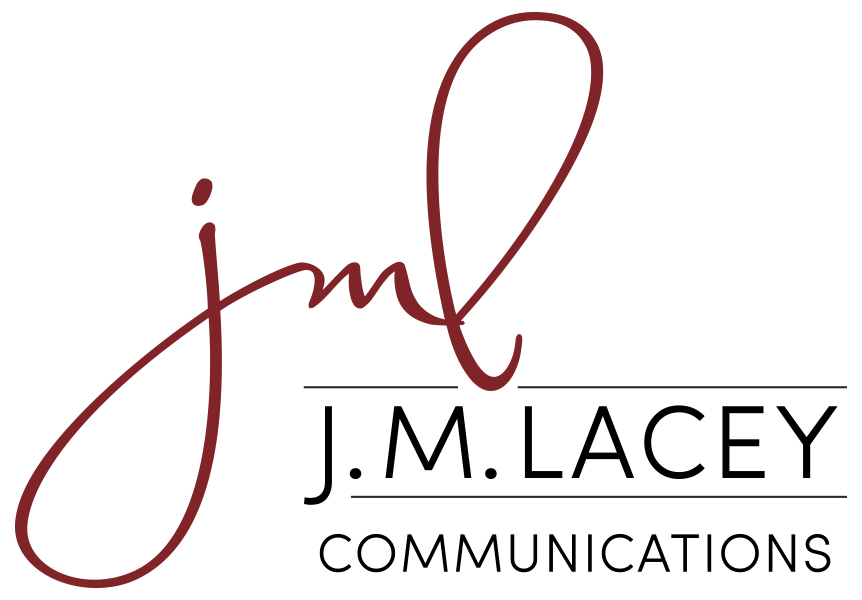There’s something to be said about rest: we need it.
While that sounds simple, 40 percent of Americans disregard its importance. We’re not designed to slave at our work, but we’re shaped to think we must conform to the general attitude of constantly working, without a selfish break. We’re forced to think that if we’re not at work, something massive will take place without our presence, nothing short of the world exploding. People fear traitorous coups as if their job will disappear while they take seven days to enjoy a family vacation.
In reality, rest is not something that should be ignored. We need it for our physical, mental and psychological well-being. If we want to continue to be an asset to our company, we have to take a break.
Most who do take advantage of a vacation the right way (we’ll discuss this below) will likely agree that their return to work is always with a different outlook. They’ve had time to reset their brain; they’ve had fun and this recreation benefits their work ethic. It might take a couple days after our return to get back into our routine, but that’s a good sign. It means you relaxed and reflected on your priorities.
Why are vacations important? How can you make the most of your downtime? And what are the benefits – to you and your company – of taking a break?
Why important
As stated above, we weren’t designed to slave infinitely at work. While we enjoy seeing the results from our hard work, grinding endlessly only contributes to burnout. When we burn out, we’re done – there’s no focus, no goals and our outlook is negative. In addition, burnout affects our mood which, in turn, can affect us physically.
Taking the time to step away from that work – even if we love it – allows our minds and bodies something different. We have enjoyable hobbies to occupy ourselves with and spend time on something unrelated to our daily routine. Whether it’s a sport, a hike, or a craft, we know that we need to expand our focus and allow ourselves a bit of rest.
While we try to enjoy recreation as often as possible, perhaps once a week, it’s not enough. A vacation requires more than a day. It also requires planning, scheduling and something positive to look forward to. Think about how children feel when they know they are going to visit a theme park. They ask every day: “how many more days before we go?” They eagerly anticipate something wonderful to them. As adults, we need that same enthusiasm. We have to plan something to look forward to.
What are the benefits?
Our happiness is a strong contributor to our quality of work. When we are refreshed, mentally and physically we’re more engaging and enthusiastic. This attitude affects our team members for the good.
What’s interesting is when you are happy, your brain is happy. A happy brain, according to Psychology Today, affects a number of elements, including: increased mental productivity, improved ability to analyze and think, and increased attentiveness. (Not to mention you’ll live longer if you lead a happy life!)
Make the most of your downtime
To enjoy your vacation, there are a few steps you can do to ensure this happens.
First, make it a mind-set that you are going to focus on your family and yourself during your vacation.
Second, take steps to ensure there are no work-related interruptions. Work out a backup plan with your supervisor so that you won’t receive “emergency” calls while you’re away. On-call means you are working, so make sure those calls go to someone else. You can cover for that person when it’s his turn to take a vacation.
Third, set your vacation message on your email. Let people know when you will respond to their messages, not necessarily the day you return to the office. And leave a message on your email and voicemail (including your cell phone) regarding who they can contact in the meantime. Make the messages clear you will not be checking email or voicemail during this time.
Shut off all notifications on your phone for work-related email. Make it a point not to check it either, “just to clean it out.” If you do check it, you might notice emails that require a quick response. Then you have to force yourself not to touch them. Unfortunately, your mind will linger on those messages you weren’t supposed to check.
If you have email notices, such as from a LinkedIn account, newsletters or other information you receive frequently, consider opting out for the time being. You can always return and opt in when you’re ready to receive all those updates and messages. What’s nice about shutting them off is it gives you a chance to realize if you miss reading them. If you don’t miss them, you don’t have to opt back in!
Fourth, itineraries are your friend. You don’t have to have a tight schedule, but do have a plan in place so you have something to do (even if it’s relaxing on the beach with a book and a drink that comes with an umbrella!) each day of your vacation. Especially if you plan a stay-cation is this imperative. During my stay-cation, laundry, cooking, shopping and cleaning will end up taking over if I let them. While this is something necessary, especially if you’ve been gone for a week, it’s important to plan events and activities that take you away from the house where you’re apt to fall into your home routine.
You can run a business and have your vacation
When you’re self-employed, own your own business, etc., the mentality can be that you are needed 24/7. The truth is, we do this to ourselves and it’s unnecessary. Especially if you run a business, you absolutely need to reboot your brain and your body. Frankly, if you died tomorrow, the world will continue without you. And the majority of the world will not notice that you’ve gone. Even when high-profile business owners have died, the business continued without them.
Why?
Those of us who run our own companies have backup plans. We have someone or a few people in place who can make smart decisions without us. Have people you trust in place to carry on for a week or two without you. If you’ve trained them well and they feel the same way about your company as you do, you’re leaving the business in good hands, so go relax.
Plan a vacation. Write it in your calendar so that your customers, clients, etc., know that you will not be available.
Unless there’s an extreme circumstance (i.e., your building is burning, all your employees walked out without notice, the feds are looking for you), no one should contact you during your vacation regarding the business.
Have you had your vacation yet? Schedule it now. Set things in motion to make it happen. Give yourself something to look forward to. Your family – and your psyche – will thank you for it!
What are other things you do to prepare for your vacation? What do you do (or not do) to ensure you enjoy your vacation away from work?
Want more tips for workplace communication and boosting employee morale? How about a FREE gift to go along with that? “Creative Corporate Communications” is a monthly alert to help you build trust in your organization. Join the club here.


Recent Comments